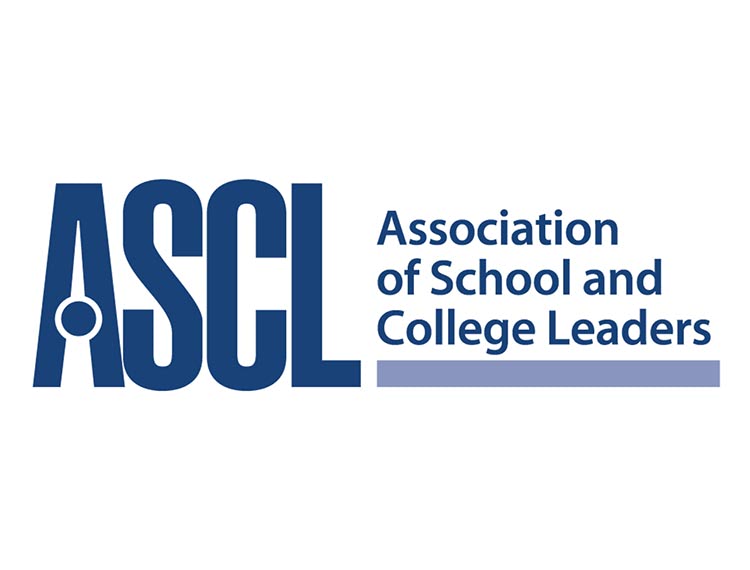ASCL’s priorities for the new Prime Minister and Secretary of State for Education

The Association of School and College Leaders has today written to the new Prime Minister and Secretary of State for Education setting out ten priorities for education.
There is much to celebrate about the education children and young people receive in England. However, our education system does not work equally well for all. England’s stubborn ‘long tail of underachievement’ means that some children, disproportionately those from disadvantaged backgrounds, are not reaping the same benefits as their more advantaged peers.
We welcome the Prime Minister’s desire to unite our country, to close the opportunity gap, and to focus on ‘the forgotten people and the left-behind towns’. Education plays a crucial role in achieving those aims.
The government should, in our opinion, address the ‘long tail of underachievement’ by focusing on three inter-related issues:
- The chronic underfunding of our schools and colleges.
- The teacher recruitment and retention crisis.
- The overblown accountability system.
We propose the following ten priorities:
- Implement a long-term plan to reverse the cuts which have caused so much damage to our schools and colleges.Recent analysis by ASCL and other organisations shows that a total of £12.6bn extra is needed by 2022/23 to reverse the real-terms cuts.
- Commit to an additional investment of £5.4bn over the following two years, from 2023/24 to 2024/25, to enable schools to provide the core education to which children are entitled. Our True Cost of Education report details the ‘bottom-up’ methodology we used to reach this figure.
- Improve teacher pay, and ensure that pay rises are fully funded by central government. Repeated freezes to teachers’ pay mean that this has fallen significantly behind pay for other graduate professions. The recently announced pay rise is welcome, but requiring schools to fund this from existing budgets exacerbates the funding crisis.
- Address teacher and leader workload by tackling the root causes, including the accountability system, the scale of curriculum and qualification reform, and the impact of funding cuts.
- Build on the strong start the government has made to develop a career strategy for teaching from pre-entry to leadership.
- Consider ways in which our strongest teachers and leaders can be encouraged to work in our most challenging schools.
- Further reform our approach to school and college inspection, including removing the exemption from inspection for outstanding schools, and considering the pros and cons of the current grading system.
- Reform the school performance tables, instead providing a ‘dashboard’ of information about a school which would include test and exam results alongside other measures.
- Set up an independent commission to consider long-term improvements to curriculum, testing and qualifications, based on strong evidence of effective approaches.
- Refine the process by which schools become academies, learning from what has and hasn’t worked over the last few years.











Responses